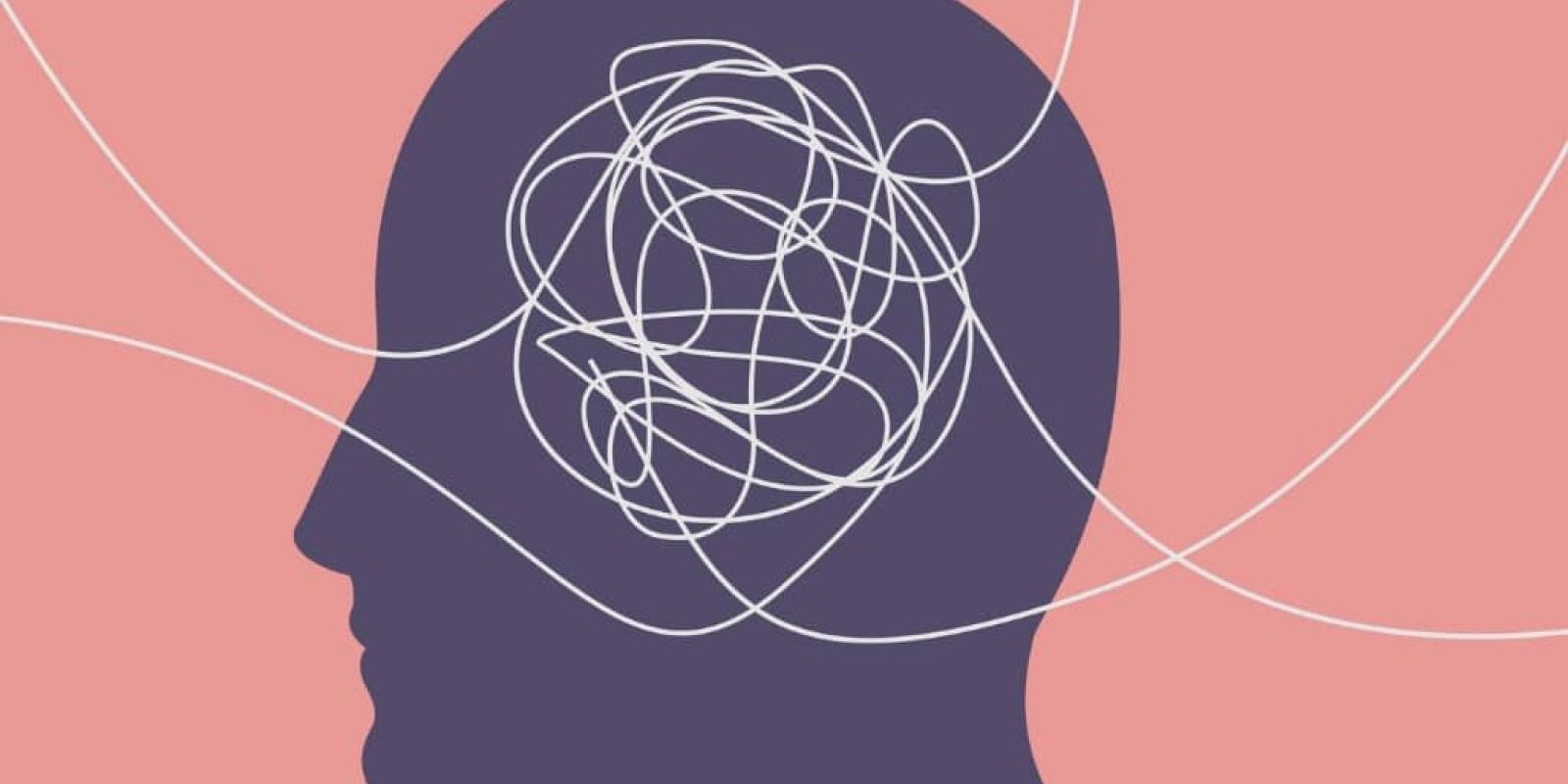With more than three million Australians predicted to develop dementia between 2012 and 2050(1), finding ways to protect your brain is key.
While family history, heredity and genetics play a role in risk, risk reduction has a strong role to play, says Dementia Australia (DA).
These brain health tips and tricks will help you de-age your brain and achieve peak mental performance.
1. Exercise for your brain
A sedentary, office-orientated life is a disaster for your health on a number of levels. Not only does lack of exercise affect cardiovascular, muscular, bone and mental health, it also impacts brain health too.
According to DA (1), there’s a clear association between a lack of exercise and a reduction in your brain’s performance.
It seems working out increases blood flow to the brain, lowers your risk of heart disease associated with dementia, reduces stress hormones and stimulates brain plasticity.
It may also have a positive effect on high blood pressure which has been shown to affect the vascular integrity of the blood-brain barrier.
A large study by the prestigious Mayo Clinic found that regular, aerobic exercise – whether that’s brisk walking, running, swimming, playing sports, or even dancing – is associated with a reduced risk of cognitive impairment and may even slow dementing illness.
2. Avoid head injury
This one is a no-brainer. Wear a helmet if you cycle and protect your head if you play sport. Repeated head injuries are definitely associated with an increased risk of dementia.
Maintaining functional fitness also helps prevent falls that may result in concussion.
3. Drugs and brain health don’t mix
Both prescription drugs and recreational drugs have the potential to be neurotoxic, says psychologist Micha Lerner. These can range from alcohol to Valium to cocaine.
Medications too can have an undesired impact on our brain chemistry says Lerner.
“The number one suspect (linked by numerous studies to reduced cognitive function) is alcohol, but Xanax and Valium are also drugs that people should take care with,”
he says.
Research suggests that the use of benzodiazepines and corticosteroids for the treatment of depression may also increase the risk of dementia, although such studies presented mixed results and further research is needed.
Other studies have shown that anticholinergics used to treat some cases of depression, bladder activity and allergies are also linked to a higher risk of developing dementia.
For those who mix substances – legal or otherwise – be aware of the “potentiation effect”. Two of more drugs can interact to cause a larger reaction than that of each drug.

Above: Psychologist Micha Lerner.
4. Don’t smoke and reduce the risk of brain damage
Smoking is associated with known dementia risk factors including cardiovascular disease. It can also cause oxidative stress that damages neurons.
5. Watch your weight and keep your smarts
Here’s food for thought: being overweight in midlife has been shown to carry a 70 to 100 percent risk of developing dementia in later life (2). The biggest culprit may be obesity-related insulin resistance. In fact, some researchers suggest that dementia could be called Type 3 diabetes.
A US research team found that high blood sugar raises your risk for dementia even if you don’t have diabetes.
Avoid high GI foods such as white breads, cakes and biscuits and other processed foods to stabilise blood sugar and protect your little grey cells.
Foods linked to better brain and mental health include leafy greens, berries, fatty fish, walnuts.
Drinking three to five cups of coffee a day has also been found to have a significant protective effect against dementia but is not recommended if you suffer from an anxiety disorder.
6. Keep upgrading your brain
It’s the old story of use it or lose it. Challenging your brain throughout your life will help you hold onto your cognitive function.
7. Stay socially connected for brain health
Having regular physical contact with friends or family or maintaining some level of social interactions is a very important aspect of overall wellbeing, says Lerner.
Studies suggest that having larger social networks protects against cognitive decline in older adults while neuroimaging indicates that larger social networks are associated with greater volume in specific areas of the brain, according to the UNSW Centre for Healthy Brain Ageing.
Lerner adds that lack of human interaction, and increasing reliance on technology, impacts mental health and that impacts brain health. Zoom and social media are not adequate enough to provide the social connection we need.
8. Prevent and treat depression
If you suffer from depression, see a health practitioner about lifestyle changes and to discuss medication with the lowest potential side effects.
Living with lifetime depression can carry a two-fold chance of developing Alzheimer’s disease, according to DA.
A residential treatment provider, such as Raindrum, can also design a program that helps you to overcome mental health challenges.
9. Limit brain-damaging stress
Reducing chronic stress makes sense for brain health, says Lerner, with research showing the chronic release of stress hormones like cortisol can be more detrimental to overall health including weight gain..
Rest, breathe, walk, dance, laugh, meditate, exercise… as long as you engage with life and society…it doesn’t really matter what you do, as long as you implement a stress reduction program to benefit cognitive function and improve mental health.
10. Recharge your brain
Rest is important for managing stress and quality sleep is crucial in preventing diseases including dementia.
Lerner cautions against using certain prescribed medications without medical supervision, or the misconception of using alcohol to assist sleep. It interferes with the REM phase of sleep that regulates blood flow and blood glucose levels and clears Alzheimer’s-related plaque from the brain.
“You are passed out, but you are not rested,”
he says.
The golden rules of sleep hygiene and brain health: don’t use alcohol in excess, don’t eat a large meal late at night, stop using digital devices at least an hour or two before bed, regulate sleep schedules, use breathing techniques to reduce stress and help sleep, and try natural remedies to assist sleep rather than using drugs.



